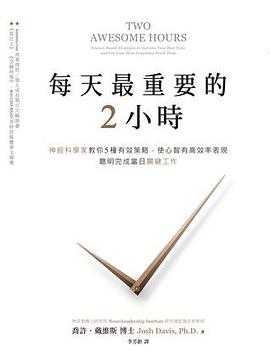Democracy and the Market
内容简介
The quest for freedom from hunger and repression has triggered in recent years a dramatic, worldwide reform of political and economic systems. Never have so many people enjoyed, or at least experimented with democratic institutions. However, many strategies for economic development in Eastern Europe and Latin America have failed with the result that entire economic systems on both continents are being transformed. This major book analyzes recent transitions to democracy and market-oriented economic reforms in Eastern Europe and Latin America. Drawing in a quite distinctive way on models derived from political philosophy, economics, and game theory, Professor Przeworski also considers specific data on individual countries. Among the questions raised by the book are: What should we expect from these experiments in democracy and market economy? What new economic systems will emerge? Will these transitions result in new democracies or old dictatorships?
......(更多)
作者简介
Adam Przeworski (born 1940) is a Polish-American professor of Political Science. One of the main important theorists and analysers of democratic societies, theory of democracy and political economy, he is currently a full professor at the Wilf Family Department of Politics of New York University.
Born in 1940 in Warsaw, Poland, Przeworski graduated from Warsaw University in 1961. Soon afterwards, he moved to the United States, where he received his Ph.D. at Northwestern University in 1966. He taught at the University of Chicago, where he was awarded with the title of Martin A. Ryerson Distinguished Service Professor. He also held visiting appointments in India, Chile, Great Britain, France (among others, at the American University of Paris), Germany, Spain (Juan March Institute), and Switzerland. Since 1991, Przeworski has been a member of the American Academy of Arts and Sciences, and in 2001 shared the Woodrow Wilson Prize for the book Democracy and Development. To date, he has authored 13 books and numerous articles.
Przeworski was a member of the September Group of Analytical Marxists, but left the group in the early 1990s.
......(更多)
目录
......(更多)
读书文摘
......(更多)






